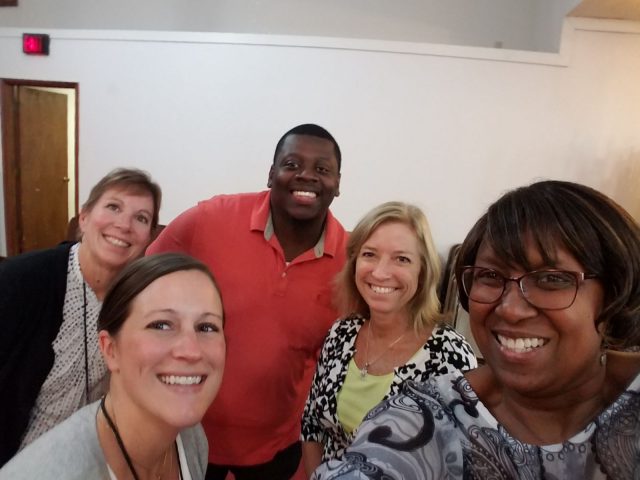Every year, dozens of teens “age out” of foster care. Many go on to lead successful lives, but many struggle without the support of the system that has helped them along.
A new program funded by a state Innovation Grant will address that issue through faith-based mentorship.
“We have chosen to focus on permanence for teens in foster care as research shows youth who age out of care without a permanent connection have increased risk of homelessness, incarceration, job instability, unemployment, poverty and unwanted pregnancy,” according to a program overview provided by the Dane County Children, Youth and Families Division. “To focus on permanence for our teens in foster care, we are creating a mentorship program with the youth’s natural supports as well as volunteers from faith-based ministries in our community. We aim to develop relational permanence for our teens, meaning each teen in foster care will have a lifelong positive connection to an adult, one who can provide a permanent, parent-like connection….By the time grant concludes, our goal is for all youth who participate in the mentorship program to be able to identify at least one positive adult relationship in their lives that is outside of the child welfare system. ”
Taking the lead on the program will be Pastor Marcus Allen of Mt. Zion Baptist Church, based in part on his ability to marshall community resources to address a rash of car thefts by teens last winter.
“I mean he rallied a room full of people at his church,” said Dr. Martha Stacker, Dane County of Children, Youth and Families Division Administrator. “It was literally a couple hundred people and they were saying we want to be mentors in the community, and I just found that so riveting.”
Allen said a coalition of churches will train and recruit mentors from within their ranks in order to create long-term connections with teens to prepare them for adulthood. Details are still being discussed but Allen said it would probably include getting together one-on-one at least a couple times a month and maintaining contact by phone, text and email.
“The goal is also, at least once a month or once a quarter, (to) bring all the kids together at one of the churches and then go over some professional development, life type of skills. As far as learning about credit, learning about SAT, ACT, learning about college applications, trying to learn about other things that prepare them for adulthood,” Allen said.
It won’t be all lectures, either.
“It’s been simple requests that they have like going on bike rides, going to the zoo, one of them saying I’ve always wanted a big sister. Just tying those simple connections so that they can start having a bigger picture and a reconnect into the community,” Stacker said. “We did reach out and talk to the kids about what they wanted from mentors so some of the things we’re looking at implementing are actually what the kids said they want.”
Stacker said there are currently 60 teens in foster care, of whom 26 have expressed interest in establishing a relationship with a mentor. Of those, the majority are African American and most are girls.
Allen said a number of churches have already agreed to participate, including Lighthouse Church, First United Methodist Church, Fountain of Life Church, Christ the Solid Rock Church, and Faith Place in Sun Prairie.
Stacker said the $160,000 grant from the Wisconsin Department of Children and Families is specifically an “Innovation Grant,” meaning it’s intended to fund something that hasn’t been tried before. She said the grant will get the program started, but she hopes it’ll become self-sustaining.
“That this isn’t something that once the money runs out the mentorships stop,” she said. “We were working already having discussions about how do we move this to keep it sustainable and really be supportive of the mentors and the churches and these kids in foster care that are aging out to have a continuum of this. And hopefully this pilot will be so successful that we can grow it even more in the community. That more people want to come on board and that other, maybe, entities want to be supportive of it to sustainability. So that’s really the hope of it to maintain the relationships well beyond the life of the grant.”
Allen echoed that, saying the mentorship relationships would be “preferably lifelong.”
Allen said the mentors will come largely from within the membership of participating churches, but that anyone could offer to volunteer by emailing him at [email protected].
Allen said mentor training will take place in November and mentors will be matched with teens in December and January.




























